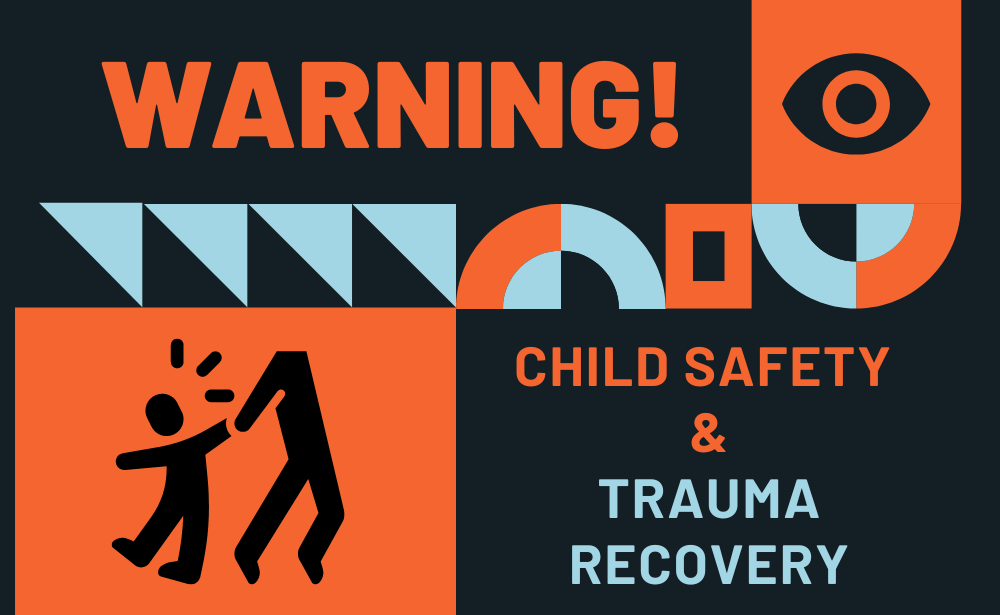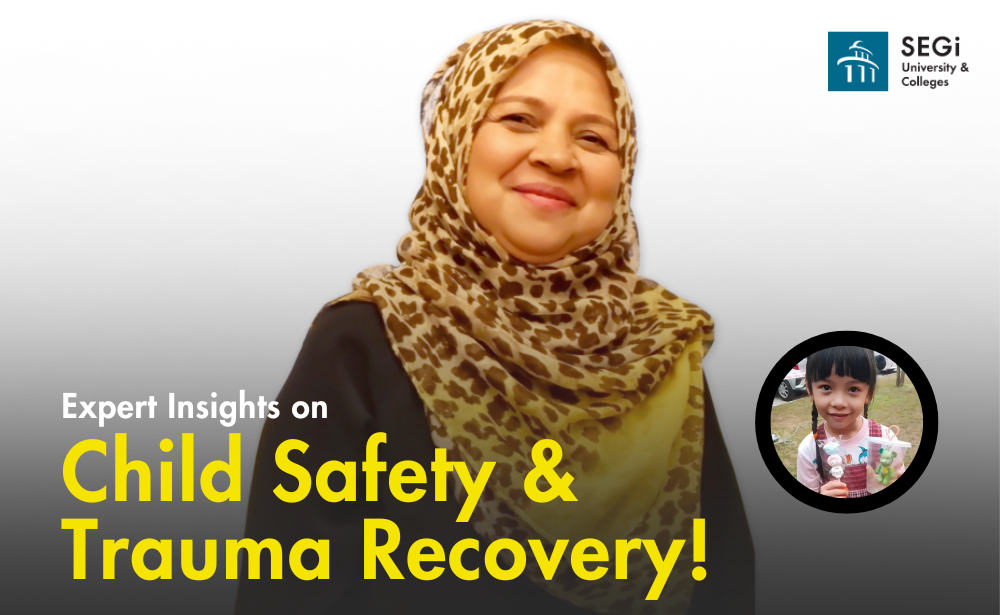鉴于最近 6 岁的 Leo Jia Hui 于 7 月 20 日在新山 Bon Odori 活动中被绑架,我想谈谈此类创伤事件可能对幼儿造成的深刻心理影响。
根据我在心理学和儿童权益倡导方面的经验,我观察到此类事件可能会产生几种潜在影响,包括创伤和创伤后应激障碍、恐惧和焦虑加剧、信任问题、情绪困扰、行为改变、发育倒退以及对学业和社交生活的影响。这些影响会严重影响儿童的整体福祉和发展。
心理健康专业人员的早期干预对于支持康复和帮助孩子应对这些挑战至关重要。我坚信,儿童的恢复能力取决于他们在创伤后所获得的支持和理解。早期干预确实能带来改变。
为了消除家长的担忧,加强儿童安全,我建议采取几项切实可行的预防措施。关键是要对儿童进行安全教育、建立明确的界限、鼓励公开交流、制定应急计划、确保在有人监督的情况下玩耍、教授识别信息、使用家庭暗语、利用技术、促进社区参与以及建立安全区。
教育是我们的第一道防线。通过增强儿童的知识,我们让他们有能力面对潜在的危险。研究表明,全面的安全教育和社区参与可以大大降低儿童被绑架的风险。例如,美国国家失踪与被剥削儿童中心(National Center for Missing & Exploited Children)的报告显示,94% 的绑架未遂事件是通过向儿童传授尖叫、踢打和逃跑等预防措施而挫败的。
我提出的战略是有数据支持的。除了国家失踪与被剥削儿童中心的调查结果,联合国儿童基金会的数据也表明,全球每年约有四分之一的儿童遭受暴力侵害。这凸显了安全教育和社区参与的极端重要性。
通过向儿童传授保护自己的知识和工具,同时培养相互支持的社区,我们可以为儿童创造一个茁壮成长的安全环境。预防措施不仅是为了避免危险,更是为了给孩子们建立信任和安全的基础。
在世纪大学,我们的教育学与心理学课程着重于让学生们掌握必要的技能与知识,以培养安全与互助的环境。我们强调社区参与与预防教育的重要性,让未来的教育工作者与心理学家能够在社区中发挥重大的影响力。


关于作者
Datin Prof. Dr. Mariani Md Nor 是国内外知名的幼儿教育专家。她是马来西亚世纪大学的教授兼教育、语言、心理学与音乐学院院长。Mariani博士拥有布里斯托尔大学(University of Bristol)儿童认知心理学博士学位,并在此领域拥有超过30年的经验。
她曾担任马来亚大学(University of Malaya)院长,带领该校教师在 QS 世界大学排名中名列第 41 位。Mariani 博士目前担任马来西亚幼儿保育和教育理事会主席以及幼儿教育标准课程 MQA 主席。她发表了大量文章,获得了许多奖项,并指导了许多研究生,包括攻读博士学位和硕士学位的学生。

